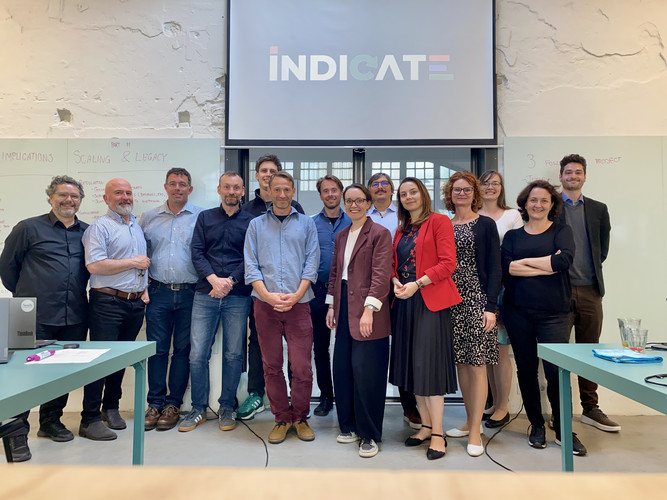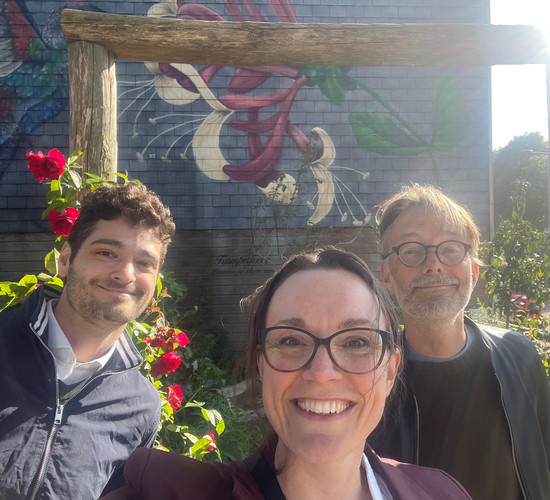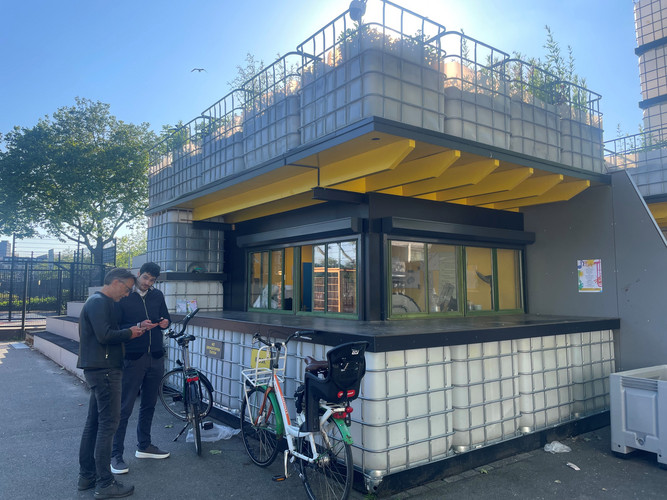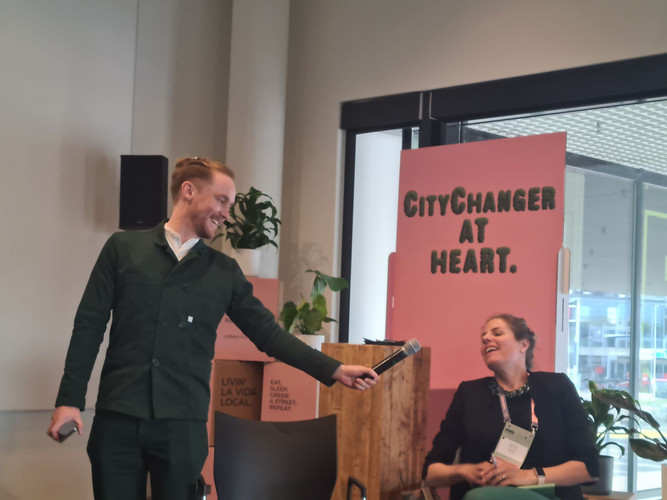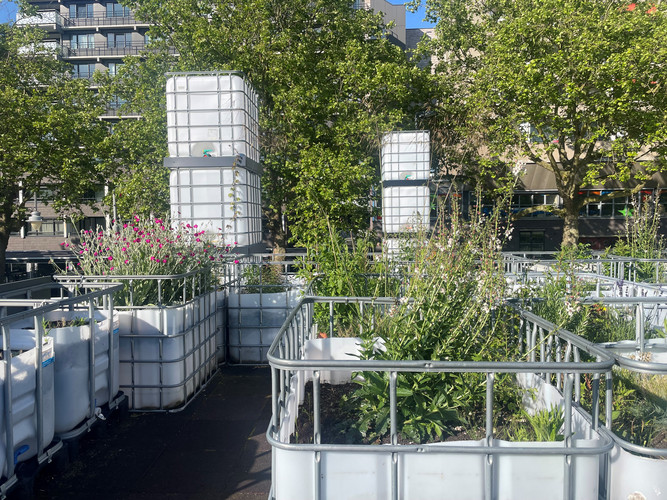
Insights on Driving Decarbonization and Circularity from Urban Future 2024
Community Building and Data Challenges in Decarbonizing Construction
Based on the #INDICATE side event to Urban Future, our team highlighted the significant strides made by the #INDICATE national teams from Spain, Ireland, and the Czech Republic in addressing the data challenges associated with decarbonizing buildings. Over the past 1,5 years, these teams have showcased impressive progress, emphasizing the importance of comparing reduction ratios rather than specific carbon footprints across European member states. This approach allows for flexibility in adapting methods to national contexts, considering differences in energy systems, climate zones, and building traditions.
Key Takeaways:
- Reduction Ratio: Focusing on reduction ratios rather than specific carbon footprints to allow flexibility in national contexts.
- Mindset: Emphasizing the importance of a mindset shift towards assessing buildings’ whole life carbon, despite data imperfections.
- Capacity Building: Recognizing the journey towards enhancing national capacity for whole life carbon assessments.
- Local Job Creation: Highlighting the potential of whole life carbon policies to support local job creation through the development of biobased materials and rural production facilities.
Circular Construction and Financial Innovations
The session on 'Roadmaps to Circularity' brought attention to the material and financial aspects of circular construction. While the session 'Second life for buildings' by Dominik Campanella from Concular and Rick Michel Knufman from the City of Rotterdam, also inspired quite a lot:
Highlights:
- Critical Materials: Steel, iron, concrete, and installations have been identified as major contributors to embodied carbon.
- Financial Value Chains: Certifications and ratings play a significant role in making the carbon footprint count when managing large-scale real estate portfolios.
- Trading Future Value: An application on trading the future value of used materials showcased the intersection of financial and technical innovation.
- Tax System Reforms: Addressing the need for tax reforms to promote circular business models by taxing scarce resources instead of labour.
- Supporting Small Companies: Strategies for leveraging circularity to support small construction companies and create less fragmented value chains.
- Urban Harvesting: Concular’s success in developing standards for selective demolishment, offering a guarantee on reused materials and overcoming logistical challenges through Urban Mining Hubs.
- Material Planning: The importance of planning and purchasing materials before the final design phase, as demonstrated by Rotterdam’s “De HER” circular resource centre.
Innovative Strategies for Greener, Healthier, and Resilient Urban Neighbourhoods
Lastly, here are some reflections on city nature from both the conference and experiencing Rotterdam:
Three Rules for Trees: The 3-30-300 principle promotes greener, healthier neighbourhoods with 3 large trees always visible, 30% canopy cover, and 300m to public green spaces.
Innovation for Healthy Trees: With urban space constraints, innovative solutions are needed to support tree growth, especially in areas with limited space and poor soil quality.
Maintenance by Robotics: Husqvarna Group's robotic mowers support biodiversity by allowing areas to grow naturally and detecting bees, merging maintenance benefits with ecological improvements.
Four Frames of City Planning: Paris enhances urban biodiversity by adopting a four-frame approach: ‘Blue and Green’ frame for water and plants, and ‘Brown and Black’ frame for soil quality and reducing lighting pollution.
Roof Gardening: Rotterdam’s expansion of rooftop gardens and vertical public spaces includes the inspiring Grondstoffenstation by Superuse, a sustainable, recycled material resource station that keeps food markets clean and creates jobs.
Moving Forward
The insights and collaborations from Urban Future 2024 underscore the importance of integrating data-driven decarbonization strategies and innovative circular construction practices. As we continue to tackle these challenges, the experiences shared by our team highlight the transformative potential of these approaches in shaping a sustainable future for European construction.
We look forward to further discussions and developments at next year’s Urban Future conference in Łódź, Poland.
For those interested in learning more or collaborating on these initiatives, please reach out to us. Together, we can make a meaningful impact on the future of sustainable construction.
You can also explore more about the initiatives here: INDICATE & Circular Buildings Coalition
